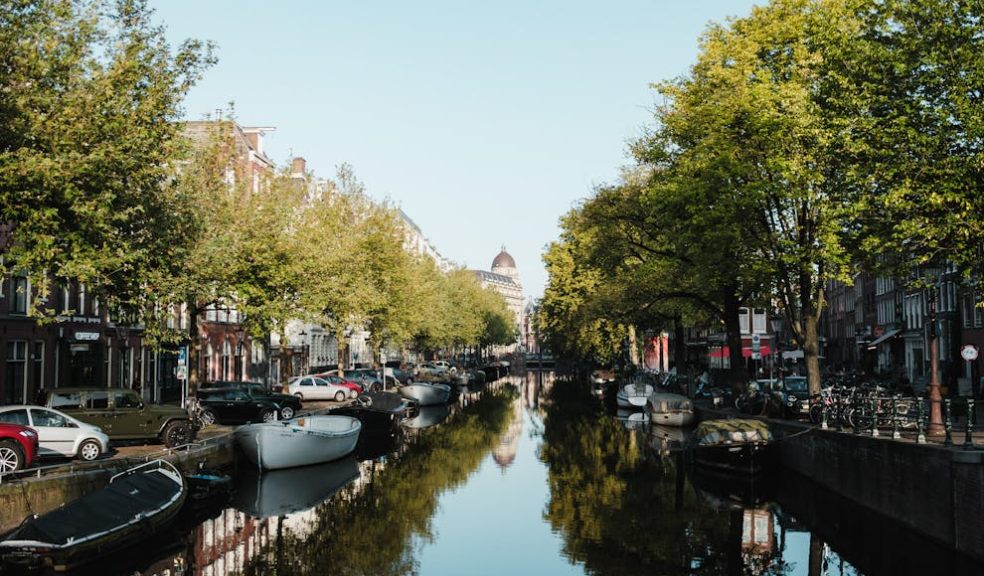
How Overseas Experiences Enhance Learning Outside the Classroom
In today’s globalised world, education extends far beyond the traditional classroom. Overseas experiences, such as student trips, offer unique opportunities for learners to engage with different cultures, environments, and perspectives. These experiences not only enhance academic learning but also contribute to personal growth, critical thinking, and independence. In this blog, we’ll explore how overseas experiences, such as student trips to Amsterdam, can significantly enrich learning and provide lifelong benefits.
1. Real-World Application of Classroom Knowledge
One of the most significant advantages of overseas student trips is the opportunity to apply classroom knowledge to real-world settings. Whether it’s studying history, art, or architecture, experiencing these subjects in person deepens understanding in ways that books and lectures alone cannot achieve. For example, student trips to Amsterdam offer learners the chance to explore world-renowned museums, historical landmarks, and cutting-edge architectural designs—bringing textbook concepts to life.
These trips allow students to make meaningful connections between theory and practice, providing a holistic learning experience. By engaging with their subjects in new environments, students gain a broader perspective and a deeper appreciation for their studies.
2. Cultural Immersion and Global Awareness
One of the most transformative aspects of overseas trips is cultural immersion. Travelling to a foreign country exposes students to new languages, traditions, and ways of life, fostering a deeper understanding of global cultures. These experiences not only broaden students’ horizons but also develop essential skills such as empathy, adaptability, and cross-cultural communication.
For students visiting Amsterdam, the city’s rich history, diverse population, and forward-thinking culture provide an ideal setting for learning about European history and modern society. By interacting with local communities and experiencing the Dutch way of life, students gain insights that contribute to their global awareness, making them more culturally informed and open-minded.
3. Enhancing Critical Thinking and Problem-Solving
Overseas experiences also provide a unique opportunity for students to develop critical thinking and problem-solving skills. When students are outside their familiar environment, they encounter challenges that require quick thinking and adaptability. Whether it’s navigating a new city, communicating in a foreign language, or handling unexpected situations, these experiences help students become more resilient and independent.
For example, student trips to Amsterdam may involve navigating the city’s extensive transport network, exploring its canals, or understanding the dynamics of international institutions like the International Court of Justice. These experiences encourage students to think on their feet, evaluate situations critically, and develop creative solutions—skills that are invaluable both academically and in everyday life.
4. Building Independence and Confidence
For many students, overseas trips are their first taste of independence. Being away from home and outside their comfort zones forces them to take responsibility for their decisions, manage their time effectively, and work collaboratively with peers. This newfound independence builds confidence and self-reliance, qualities that are essential for personal development and future success.
Experiencing life in a vibrant city like Amsterdam can also give students the confidence to explore new ideas and take intellectual risks. From visiting the Anne Frank House to seeing works by Van Gogh, these experiences can inspire students to pursue their passions and encourage them to become more independent thinkers.
5. Creating Lasting Memories and Friendships
In addition to academic and personal growth, overseas trips create unforgettable memories and lasting friendships. Travelling with peers allows students to bond over shared experiences, whether it’s exploring a new city, tackling challenges together, or learning about different cultures. These shared experiences build camaraderie and teamwork, which can strengthen relationships both during and after the trip.
For students visiting Amsterdam, exploring the city’s cultural and historical landmarks as a group creates memories that last a lifetime. The friendships and connections made on these trips often extend beyond the journey, fostering a sense of community and collaboration that enhances the overall educational experience.
Conclusion
Overseas experiences, such as student trips to Amsterdam, offer far more than just a break from the classroom. They provide students with the opportunity to apply knowledge in real-world settings, develop cultural awareness, enhance critical thinking, and build confidence and independence. These trips enrich the academic experience and create lasting memories, helping students grow both personally and intellectually. By offering students the chance to learn outside the classroom, schools and universities can equip them with the skills and perspectives they need to thrive in a globalised world.













